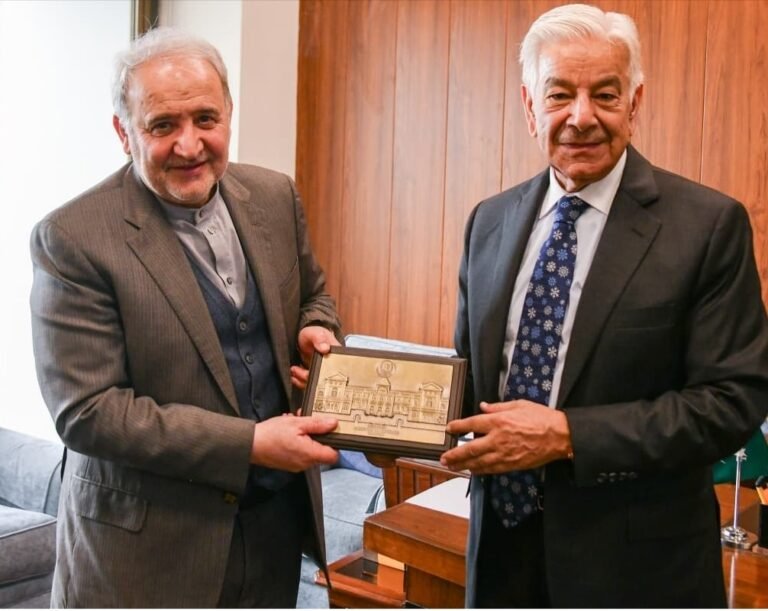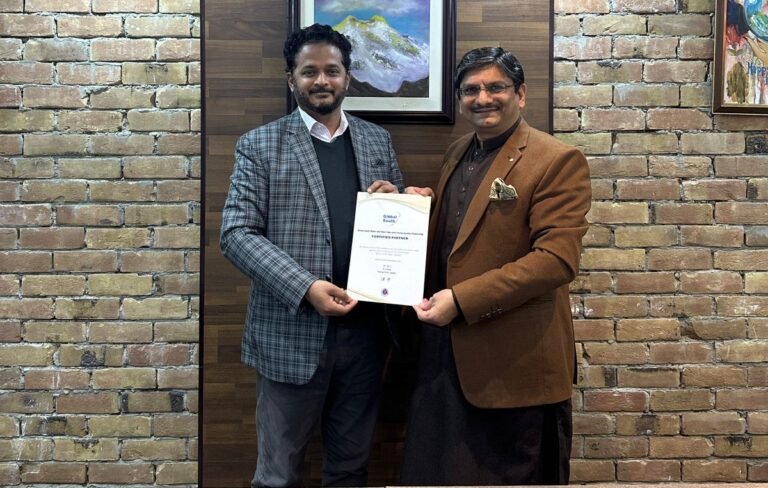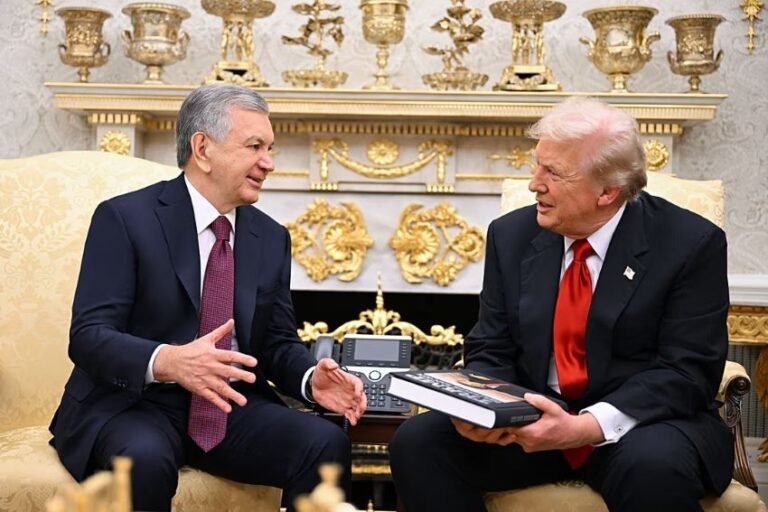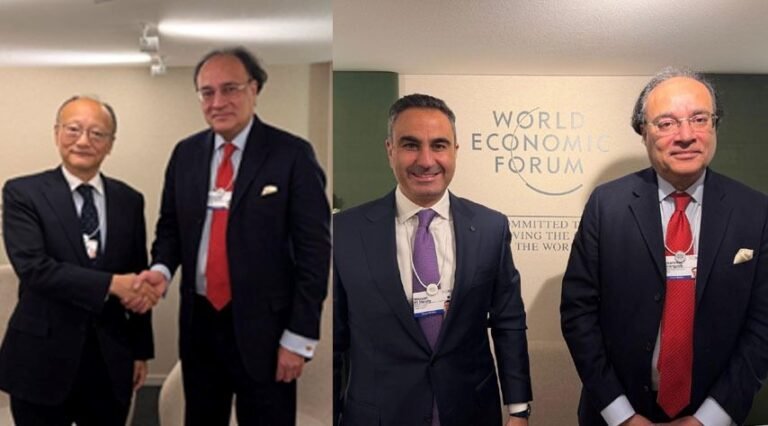Tashkent (TDI): President Shavkat Mirziyoyev has unveiled ambitious reforms for Uzbekistan’s transport sector, aiming to boost the country’s GDP to $200 billion by 2030.
The sweeping measures target the modernization of the railway and aviation industries to enhance efficiency and stimulate economic growth.
Significant advancements have already been recorded in the railway sector, with six independent enterprises established under the umbrella of “Uzbekistan Railways.”
The company has added 1,200 new freight cars, halving domestic freight transport times.
Also Read: Uzbekistan Weighs Major Foreign Policy Shift for Development
Operational digitalization has reduced the freight car ordering process from seven days to three, while processing times have dropped from 72 hours to just 12 hours.
Around the capital, train traffic has increased by 30%, and for the first time, the enterprise reported a profit of 30 billion UZS ($2.3 million) this year.
Aviation Reforms in Uzbekistan
The aviation sector has also seen transformative changes. Uzbekistan Airways has increased flight operations by 25%, with domestic flights rising 2.5 times.
The airline now commands a 20% share of international air transport in Central Asia, while passenger traffic is expected to exceed 6 million annually.
Uzbekistan Airports has expanded services for aircraft, cargo, and passengers, with 44 airlines now operating in the country. Cargo transport through airports is projected to grow by 22% this year.
Also Read: Reforms Boost Sustainable Agriculture in New Uzbekistan
Addressing the nation, President Mirziyoyev emphasized the critical role of transport in driving economic growth.
“Our economy and trade relations are expanding steadily. Income levels and the tourism potential of our regions are rising. To achieve a GDP of $200 billion by 2030, we must prioritize the development of transport arteries,” he stated.
In support of these reforms, a new law on railway transport has been enacted, replacing 25-year-old legislation.
The updated law aims to attract private sector investment, further develop infrastructure, and accelerate industry growth, positioning Uzbekistan for a more robust and connected economic future.
Farkhund Yousafzai is an Associate Editor at The Diplomatic Insight.
- Farkhund Yousafzai
- Farkhund Yousafzai
- Farkhund Yousafzai
- Farkhund Yousafzai








